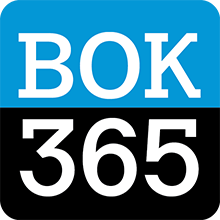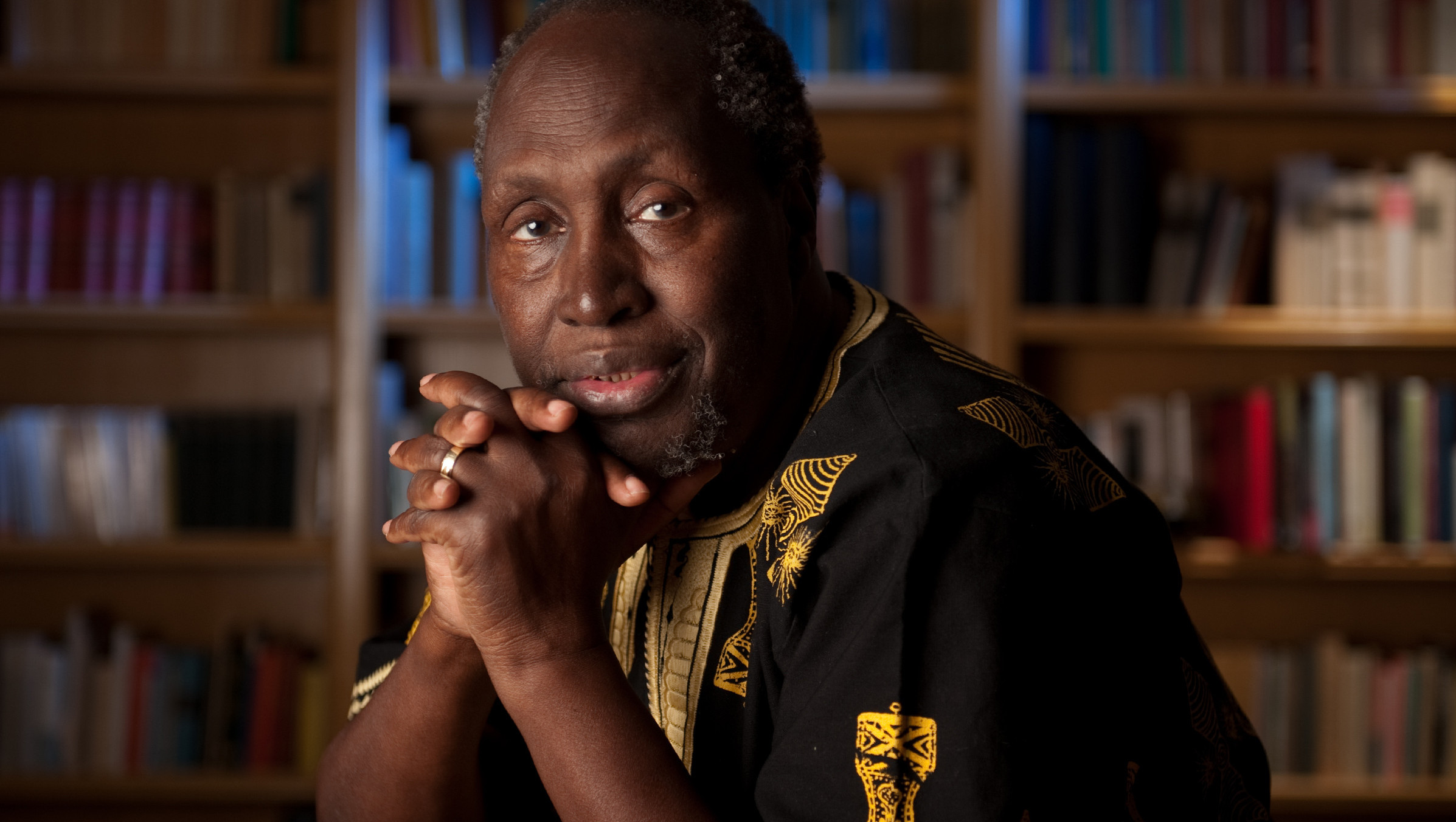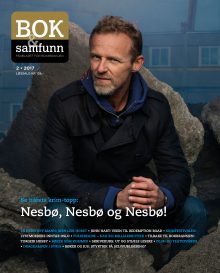Kenyan author Ngugi wa Thiong’o, Distinguished Professor of English and comparative literature at UC Irvine, is on the short list for the 2010 Nobel Prize in literature, for xxx(add phrase or blurb here from award announcement;
Chancellor quote? Christine writing and getting approved quote).
Ngugi, whose name is pronounced “Googy” and means “work,” is a prolific writer of novels, plays, essays and children’s literature. Many of these have skewered the harsh sociopolitical conditions of post-Colonial Kenya, where he was born, imprisoned by the government and forced into exile.
His recent works have been among his most highly acclaimed and include what some consider his finest novel, “Murogi wa Kagogo” (“Wizard of the Crow”), a sweeping 2006 satire about globalization that he wrote in his native Gikuyu language. In his 2009 book “Something Torn & New: An African Renaissance,” Ngugi argues that a resurgence of African languages is necessary to the restoration of African wholeness.
“I use the novel form to explore issues of wealth, power and values in society and how their production and organization in society impinge on the quality of a people’s spiritual life,” he has said.














